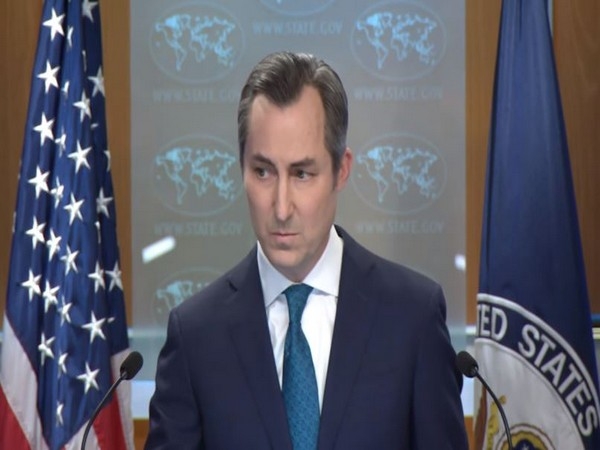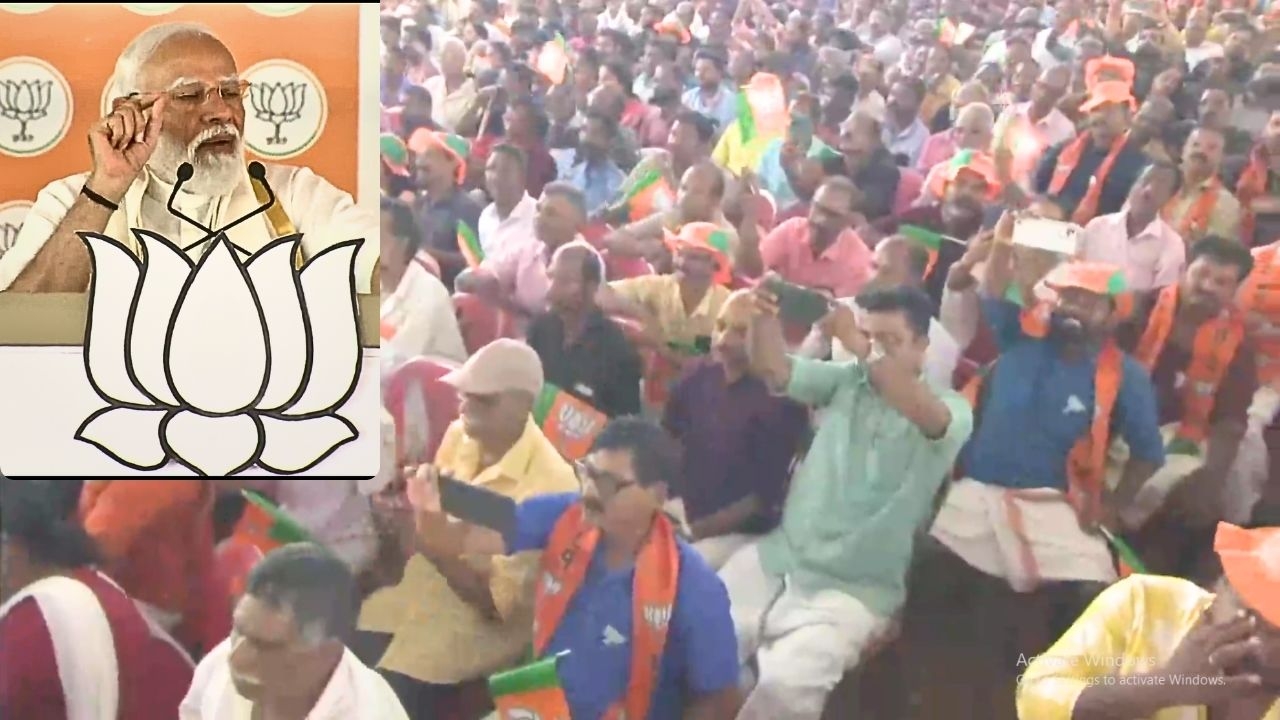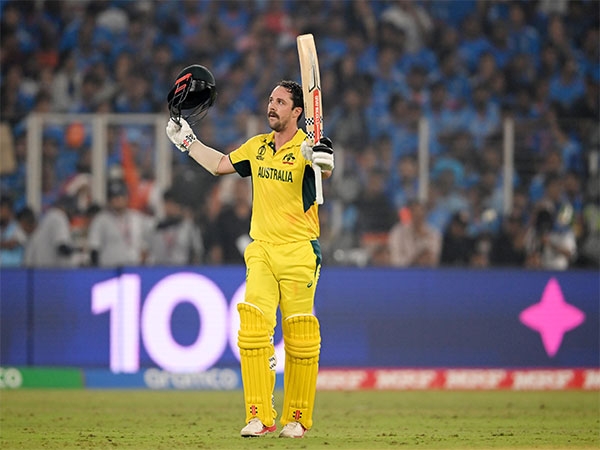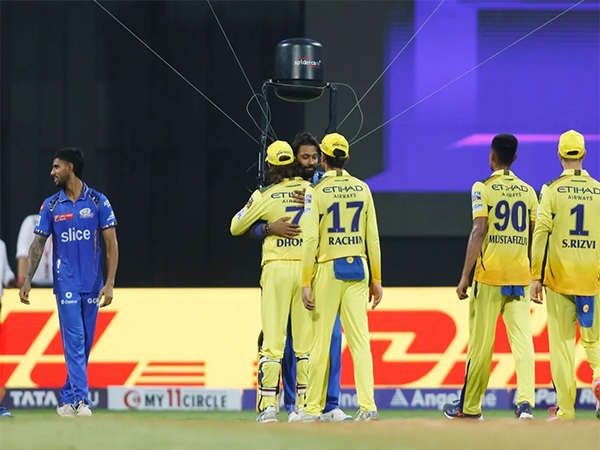Mamata's support for Singhvi opens up new possibilities and faultlines
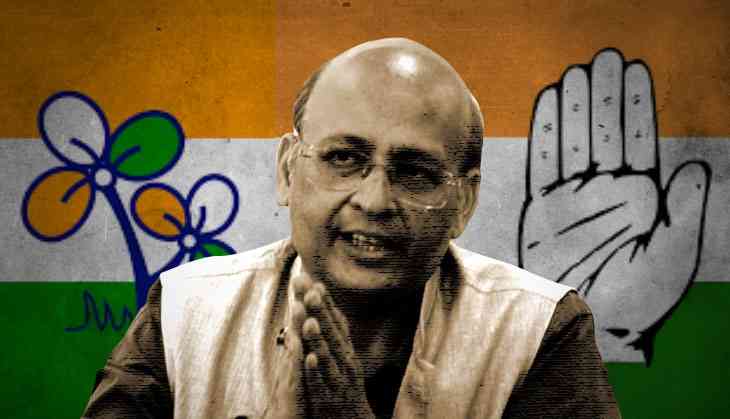
The forthcoming elections to the upper house of Parliament has exposed strange faultlines in West Bengal politics.
As Chief Minister Mamata Banerjee announced that Trinamool Congress would throw in its extra votes for Abhishek Manu Singhvi of Indian National Congress, it became clear that the Grand Old Party's High Command and state unit were not on the same page. The same can be said about the Communist Party of India (Marxist).
Congress confusion
There was no official announcement of Singhvi's candidature from the Congress when Banerjee declared her support for him at a Trinamool event. It left WB Pradesh Congress Commitee chief Adhir Ranjan Chowdhury somewhat red-faced.
Chowdhury had publicly invited the CPM to put up General Secretary Sitaram Yechury as candidate, an idea widely popular with the Bengal unit of the Left party. In fact, earlier, the Congress High Command also seemed to be favourable to this idea. But the deep divide within CPM on accepting Congress support led to a dead end.
Even then Chowdhury had continued to push for Yechury in a bid. “We feel Sitaram Yechury is the right person to contest for the fifth seat from Bengal. We told Yechuryji Tursday that we will support him if he contests; but he was unwilling,” the Bengal Congress leader said.
Chowdhury went on to say that though the state Congress proposed Yechury's name, the party high command “unanimously” decided on Singhvi. The state unit, according to its chief, was left with no option but to back the lawyer-politician.
CPM woes
Yechury has had a long stint at the Council of States representing Bengal, himself was reportedly not averse to the idea. But his rival faction, led by Prakash Karat, put its foot down.
Like Chowdhury-led Bengal Congress, a section of the CPM in the state favour an alliance to take on Trinamool. The two parties, once bitter rivals, have drastically lost political space to Banerjee, reflected by her party's might in the Assembly – 213 of 294 seats. The Congress has 42 members in the House while the CPM – the erstwhile ruling party – was reduced to 26 MLAs after the 2016 elections.
State politics apart, Yechury is also popular cutting across party line for his effective intervention in House debates. The veteran CPM leader has earned kudos for putting the Opposition's point across in a largely saffron Parliament.
Yechury has also been known as an ardent backer of Opposition unity against the Bharatiya Janata Party, reminiscent of his predecessor Harkishen Singh Surjeet whose support to the United Progressive Alliance was instrumental in ensuring Manmohan Singh's first term as Prime Minister. Surjeet was CPM general secretary from 1992 to 2005, when Karat took over.
Karat's term until 2015 saw the party withdrawing support to the Centre and reinquishing power in Bengal. In general, there was a move away from alliances with non-Left parties. This trend has drawn wide support from the Kerala unit of CPM, which still counts Congress as its main rival. The Kerala and Bengal factions have been head-to-head on issues several times in the recent past.
In effect, this clash of political lines put paid any hope of Yechury as candidate and the party hurriedly announced the candidature of veteran Kolkata-based politician Robin Deb. “We can't bypass the Central Committee's decision,” Biman Bose, secretary of CPM's West Bengal State Committee. He also highlighted that there was hardly any choice after Congress opted for Singhvi.
Number game
Deb is set to file his nomination for the 23 March polls, but is sure to lose to Singhvi. Of the five Rajya Sabha berths up for grab from Bengal, Trinamool has enough seats to muscle through four and then some. For the fifth seat though, no party has enough numbers.
A possible Congress-CPM combine could have kept the seat with the state Opposition. But Banerjee's decision to pool her extra votes for Congress has tilted the balance and opened up new political possibilities.
A Trinamool-Congress understanding may emerge as important after the 2019 Lok Sabha elections. The two parties have earlier cooperated to get dethrone CPM in Bengal (2011) and now have a common enemy in the BJP.
While the Congress is eager to wrest back power next year, it knows how difficult the task would be without allies. Banerjee, on the other hand, has seen the saffron party rushing in to fill the vaccum left behind by the CPM.
“Banerjee's main aim is to wipe out the BJP, which is playing communal politics. We will leave no stones unturned,” a senior Trinamool leader said.
Chowdhury maintained that it was “too early” to talk about a collaboration. Understandable, considering his priority: to revive state Congress. The high command though may have other priorities.
Edited by Joyjeet Das
First published: 10 March 2018, 16:59 IST
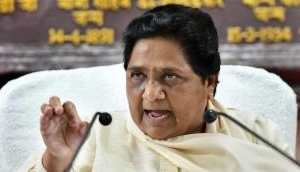
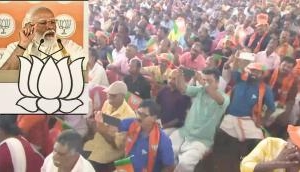
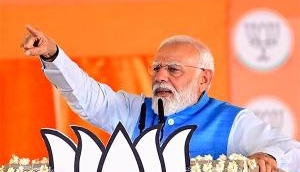
_251267_300x172.jpg)

![BJP's Kapil Mishra recreates Shankar Mahadevan’s ‘Breathless’ song to highlight Delhi pollution [WATCH] BJP's Kapil Mishra recreates Shankar Mahadevan’s ‘Breathless’ song to highlight Delhi pollution [WATCH]](http://images.catchnews.com/upload/2022/11/03/kapil-mishra_240884_300x172.png)

![Anupam Kher shares pictures of his toned body on 67th birthday [MUST SEE] Anupam Kher shares pictures of his toned body on 67th birthday [MUST SEE]](http://images.catchnews.com/upload/2022/03/07/Anupam_kher_231145_300x172.jpg)


